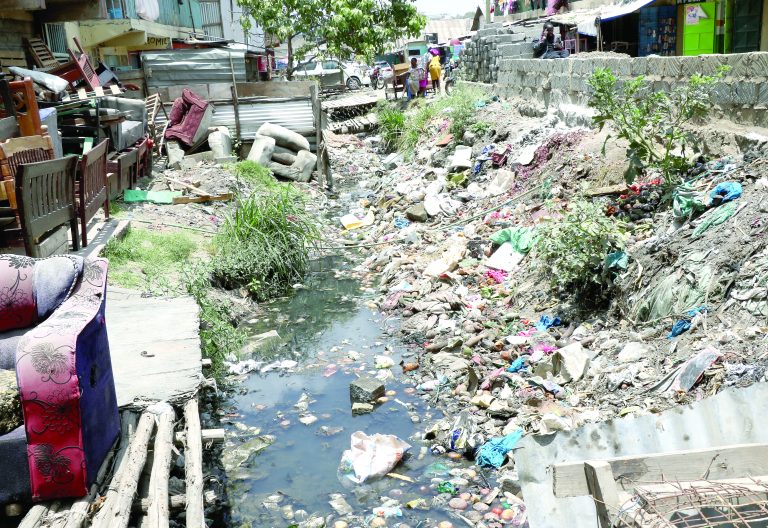Nairobi’s garbage crisis threatens entire county

Garbage collection remains a major challenge in Nairobi. While many assume it’s an issue limited to the central business district, the problem has spread to satellite settlements – areas where hardworking Kenyans have invested in land and built their homes.
Recently, residents of Kamulu, a settlement on Kangundo Road, raised concerns about the overwhelming stench and filth emanating from a nearby dumpsite.
Shockingly, this dumpsite is man-made, and the Nairobi City County government has yet to establish a proper waste collection system for the area.
While residents must be held accountable for poor disposal habits, Governor Johnson Sakaja’s administration bears the ultimate responsibility for ensuring that garbage is collected and disposed of at designated sites.
Nairobi is not an isolated case. A walk through most Kenyan cities reveals a nationwide crisis in garbage management. Mombasa, for instance, struggles not only with waste but also chronic water shortages.
Devolution was designed to bring services closer to the people. Governors must prioritise efficient garbage collection if counties are to thrive.
Clean cities are crucial for attracting investors. No foreign investor will leave London or Indianapolis to set up a business in a city drowning in trash.
As county governments allocate billions to pay contractors, they must also dedicate significant resources to waste management. Clean cities are not a luxury, they’re a necessity.
Beyond investment, public health is at stake. Uncollected garbage contributes to the spread of communicable diseases like typhoid and diarrhoea, particularly among children.
The national government should also step in and collaborate with counties to ensure cleaner cities.
Kenyans deserve urban environments that reflect order and dignity. Dignity means residents can breathe clean air as they go about their daily lives.
As the saying goes, cleanliness is next to godliness.












